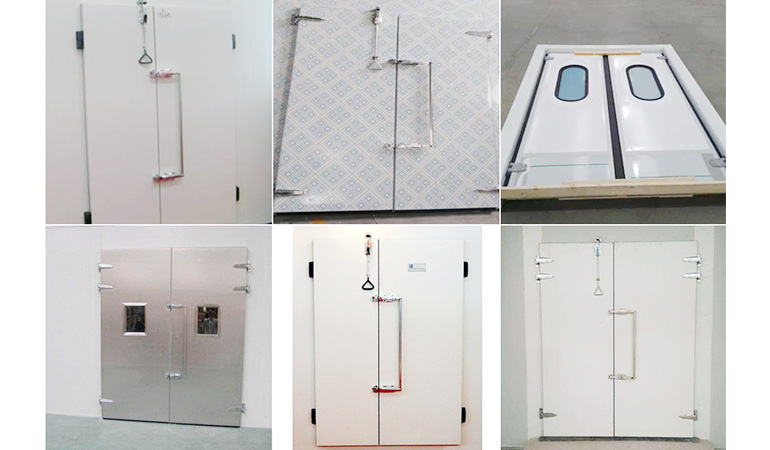Fruits and vegetables are safe
Fruits and vegetables are an important part of a well-balanced diet. The United States Department of Agriculture advises diners to fill half their plate with fruits and veggies at every meal.A diet rich in fruit and vegetables can help you reduce the risk of many health conditions, including high blood pressure, heart disease, stroke and certain cancers. A diet rich in fruit and vegetables can help you reduce the risk of many health conditions, including high blood pressure, heart disease, stroke and certain cancers. However, if not handled properly, fruits and vegetables can also be a source of foodborne pathogens. For example, they can be contaminated with listeria, salmonella or other bacteria. Their taste, texture and appearance can also be affected if they are not stored properly.
This is why it is so important to learn how to clean and store fruit and vegetables.
Cleaning produce
Most produce has to travel a long distance before it reaches you. On the way, fruit and vegetables may be exposed to harmful bacteria or other contaminants. This is true for non-organic and pesticide-free foods as well as conventional produce. Even food that looks and tastes appealing can be contaminated.
To avoid harmful contaminants, always wash produce before eating. You do not need to wash with soap or commercial products. You can simply use water. A stiff, clean brush will help you clean tough fruit and vegetables. Do not use the brush for other cleaning purposes. If you are eating fruit or vegetables covered in a waxy coating, wipe off the coating with a paper towel or cloth after washing.
Although it is important to wash produce before eating it, it is best to store it unwashed. Too much moisture can cause fruit and vegetables to spoil quickly. Wait until you are ready to eat them before washing them. If you need to wash them in advance, dry them thoroughly before storing them.

Cold storage
Different fruits and vegetables should be stored in different ways. According to experts at Cornell Cooperative Extension, vegetables usually require one of four types of storage.
Cold (32-39°F), in a humid place
Cool (40-50°F), moist place
Cold (32-39°F), dry storage
Warm (50-60°F), dry storage
As a general rule, your fridge should be kept at around 34°F. It is best to store vegetables in the crisper of your fridge. This section consists of one or more drawers located at the bottom of most fridges. Thin crisps usually have their own dedicated humidity control. If possible, store vegetables at the most appropriate temperature and humidity.
Produce that works best in refrigerated, moist storage includes
Apples.Broccoli
Radishes.Lettuce.Aubergines
Produce that works best in warm, dry conditions include
Peppers.Pumpkins
Winter squash.Sweet potatoes
For safety reasons, you should refrigerate or freeze any fruit or vegetables that have been washed and cut. Store washed and cut produce in plastic bags or sealed containers to maintain its freshness and limit its exposure to air.
Always store fruit and vegetables separately from raw meat and dairy products to avoid possible bacterial contamination.
Freezing
Almost all fruit and vegetables can be stored in the refrigerator. Freezing can change the texture of many fruits and vegetables but often preserves their flavour, nutrition and health benefits. It is a good way to store seasonal fruit or vegetables for use later in the year, especially if you plan to cook them or blend them into smoothies.
It is best to freeze fruit and vegetables in airtight containers. Avoid freezing produce that is not yet ripe. It may not be properly cooked when you take it out of the freezer.
Leafy green vegetables that you plan to eat raw, such as lettuce, should not be frozen.
Store in a cool, dry place
Certain types of products are best kept out of the fridge and freezer. Instead, they should be stored in a cool, dry place. These include
Tomatoes.Bananas
Potatoes.Lemons.Lime
In particular, tomatoes may lose their flavour and nutrition when refrigerated. They may also develop an undesirable texture.
Whole fruit does not usually need to be refrigerated. However, refrigeration will slow down the ripening process. Refrigerating them will keep them fresher for longer. Once the fruit has been washed and cut, it should always be stored in the fridge or freezer.
Our Double-open Testing Cold Room Door hosts as the name go two-way opening making the logistics even more convenient as the weight of the door is divided. It is equipped with hinges and locks that directly apply pressure on the door to make sure that the sealing strip can withstand the abrupt change in pressure. This consequently allows no air-leakage and making it the best door out there.
We are specialized in designing and manufacturing up to the standard Double-open Testing Room Door to maintain hygiene environments. And built-in flexible magnetic strip compensates for minor sealing error and ensures no air disturbance.
If You Are Finding Buy Low Price, Wholesalers, For Sale, Manufacturers, Brands, Exporter, High-Quality Cold Room Door Specifications, Choose Our Products, Our Product Is The Leading Factory. Warmly Welcome New And Old Customers To contact us!
